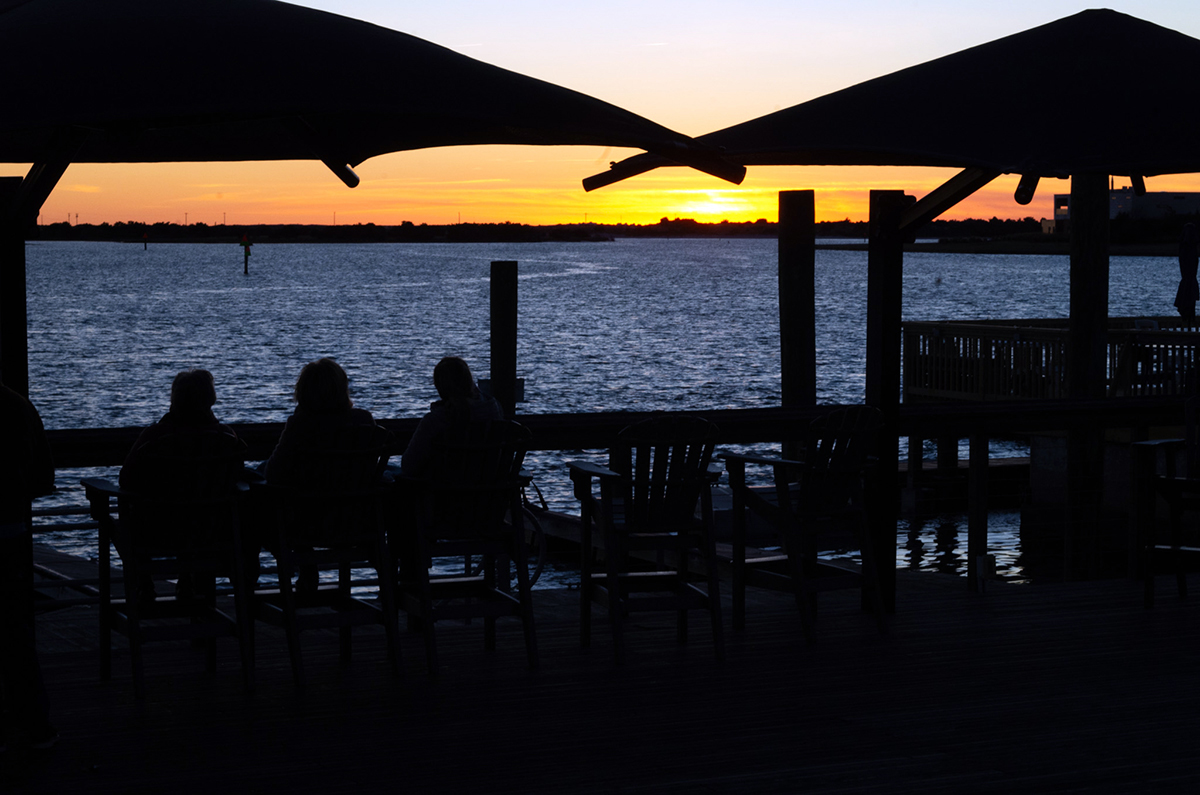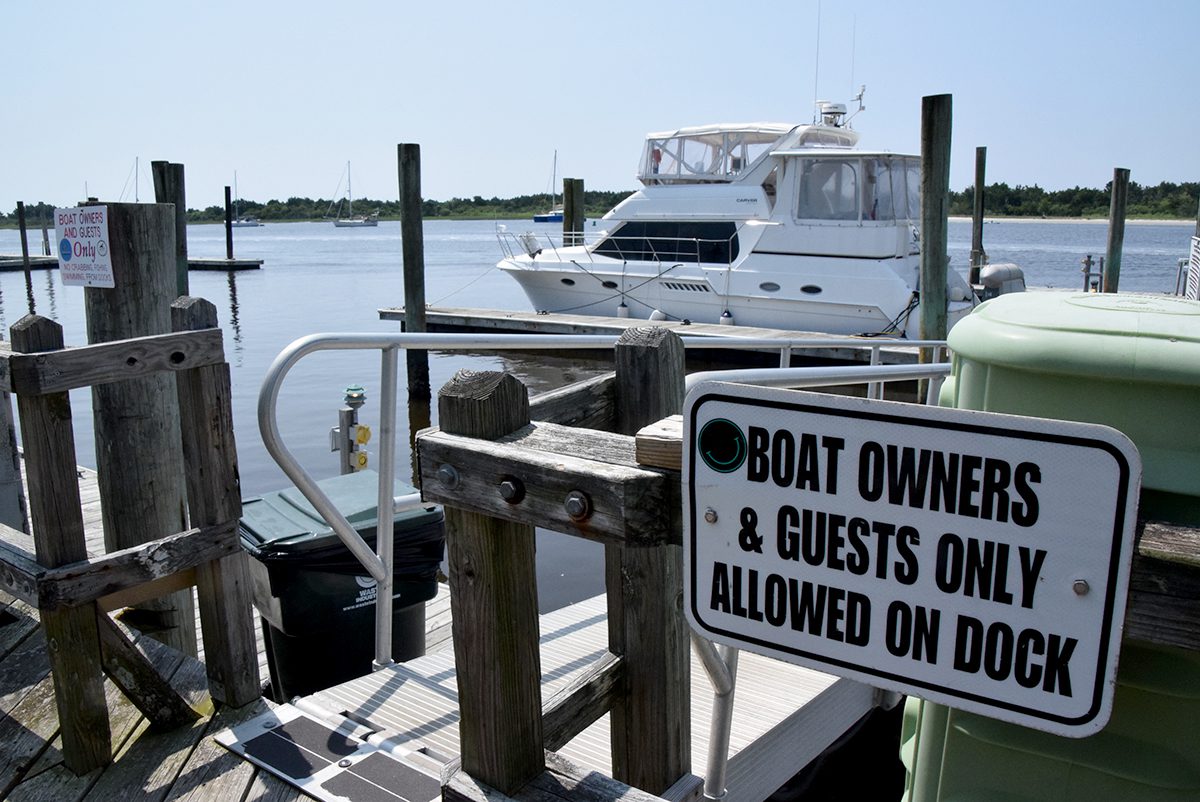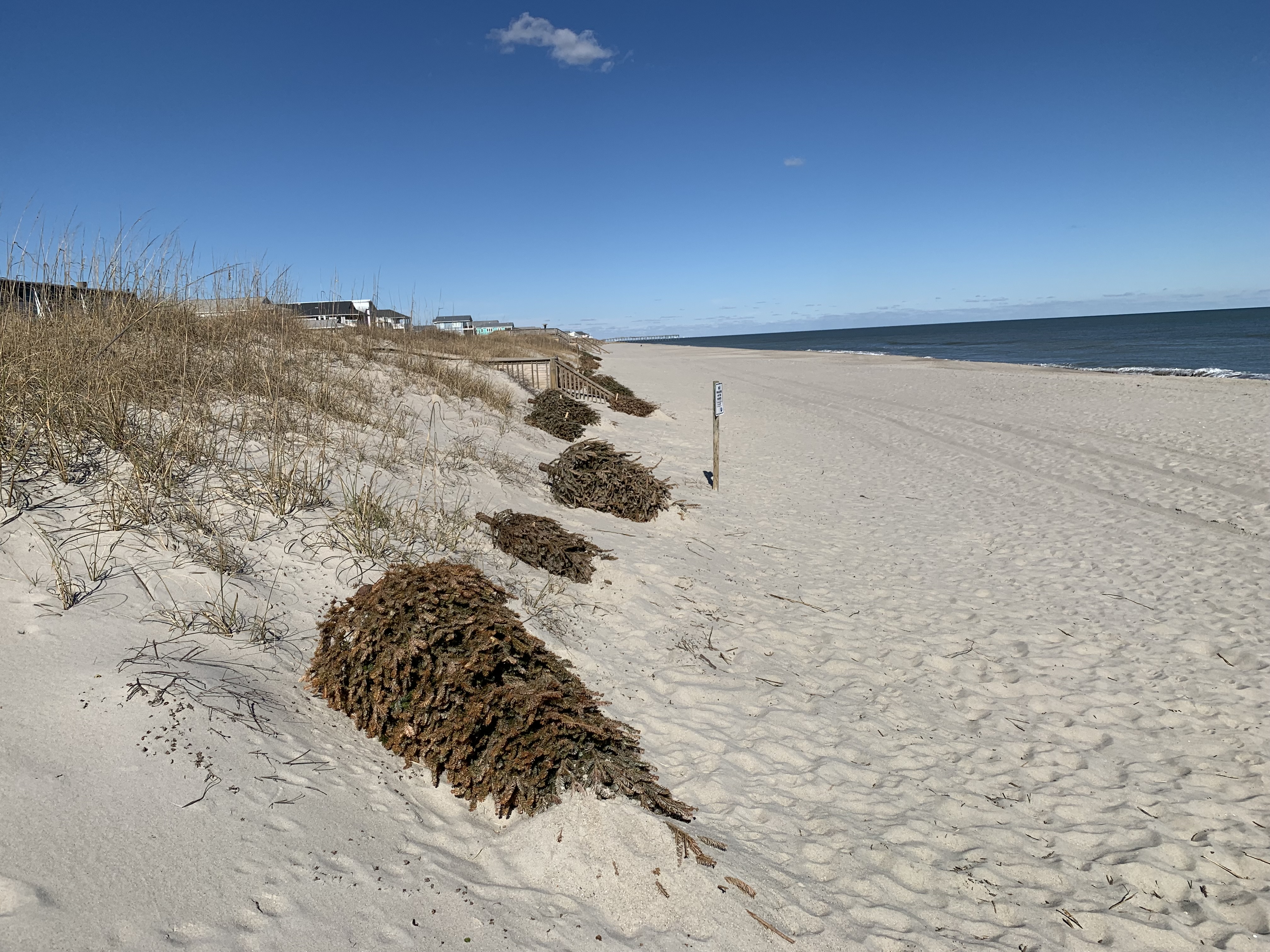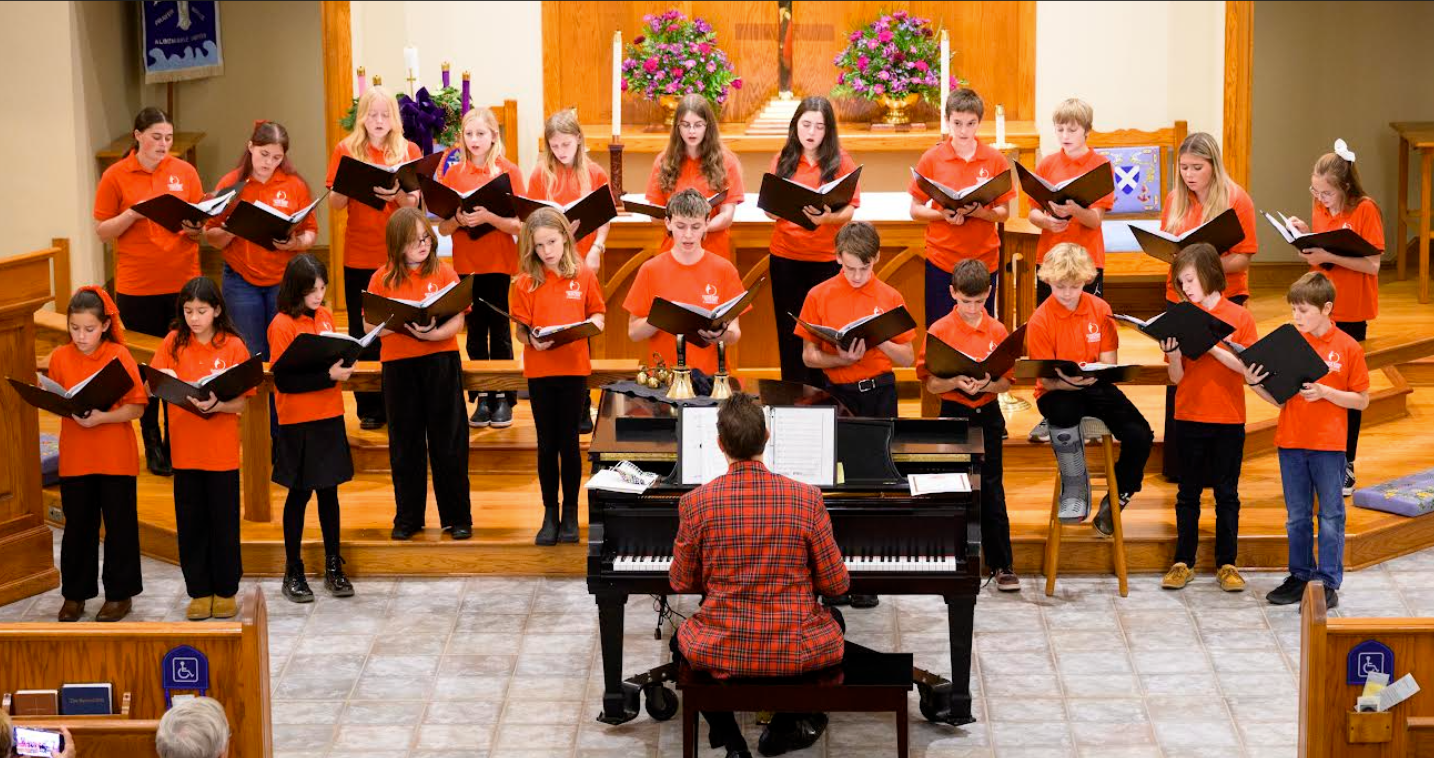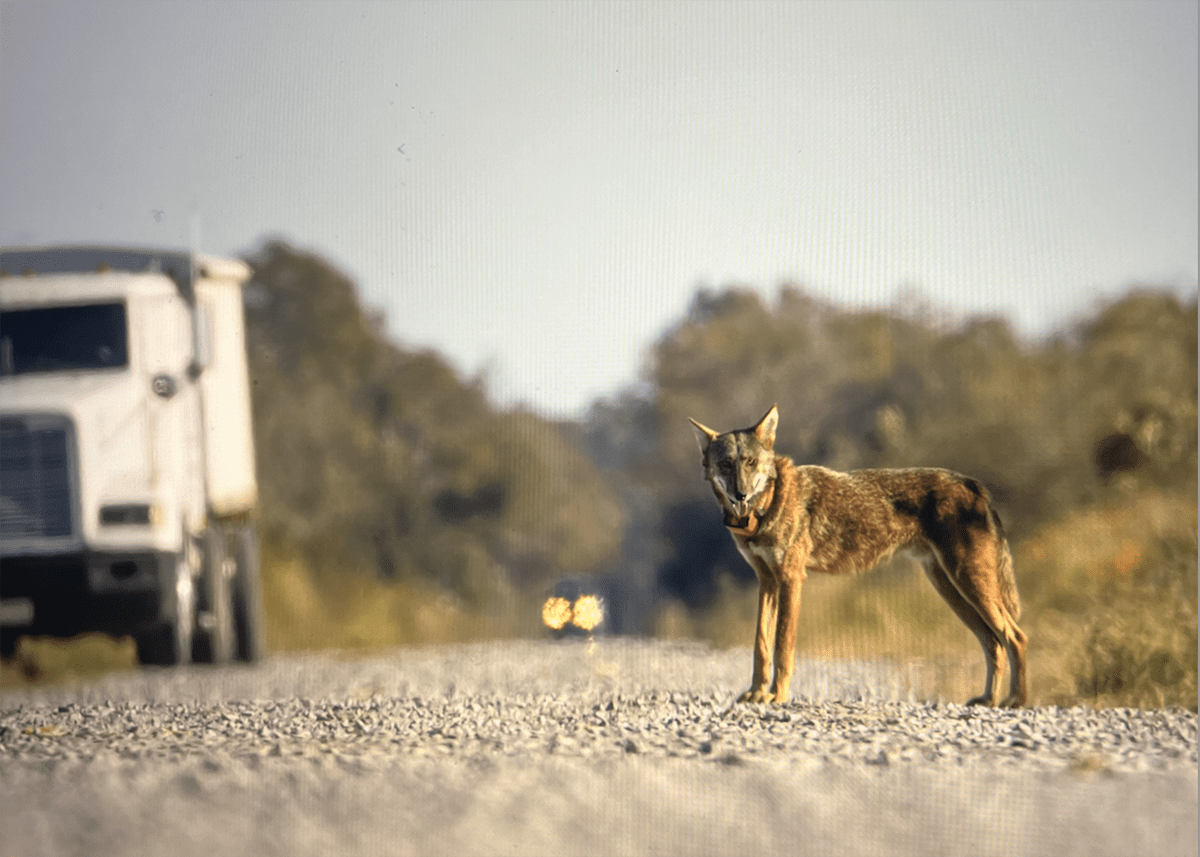
Officials say a 2-year-old wild male red wolf was killed April 15 by a vehicle strike on U.S. Highway 64 in the East Lake area of Dare County.
This is the fourth death of an endangered eastern red wolf in the past 10 months, according to the Center for Biological Diversity.
Supporter Spotlight
The U.S. Fish and Wildlife Service referred to the wolf as No. 2410, born in the Milltail pack in 2022, but the Center for Biological Diversity said its name was Muppet. The Milltail Pack, one of only two families of red wolves in the wild, is composed of a breeding male and female and nine surviving offspring.
The service said necropsy results were pending, but that prior to its death, monitoring indicated the wolf had been crossing the highway in the area and efforts were ongoing to haze him away from the highway and to capture or relocate him.
The Center for Biological Diversity noted that Muppet’s father also was killed by a vehicle strike six months earlier along the same stretch of U.S. 64, which runs through Alligator River National Wildlife Refuge in North Carolina.
“Muppet’s tragic death brings North Carolina’s beleaguered red wolves one step closer to extinction,” said Will Harlen, a senior scientist at the Center for Biological Diversity. “The world’s most endangered wolves should not be roadkill, especially when we know that building wildlife crossings could save them from being hit by vehicles. We owe it to Muppet and his family to give red wolves a fighting chance.”
Fewer than 20 red wolves remain in the wild, making them the most endangered wolves on the planet. Vehicle strikes are the second leading cause of mortality for red wolves.
Supporter Spotlight
The center said Muppet was named for his long, thick neck and was the first-born and of his pack’s juvenile wolves. The organization said that Muppet had stepped up to fill in its father’s role, helping protect the younger pups and its mother.
The organization said wildlife crossings could benefit red wolves and other species at the Alligator River and Pocosin Lakes National Wildlife Refuges, including river otters, bobcats and black bears.
“Wildlife crossings also protect human lives. Wildlife collisions kill more than 200 people in the U.S. every year and cause $10 billion in damages. North Carolina is considered by insurance companies to be a high-risk state for wildlife collisions, and 7% of all vehicle crashes statewide involve animal strikes,” the group said.
The Bipartisan Infrastructure Law authorized $350 million in federal funds to support wildlife crossings nationally. A coalition of 15 national and regional organizations is requesting $10 million in funds from the North Carolina legislature to fund wildlife crossings across the state, including crossings along Highway 64 in red wolf territory.
“To stop cars from killing these desperately endangered animals, we need to create wildlife crossings in their last refuges,” Harlan said. “Wildlife crossings can protect human lives and save red wolves from extinction.”



